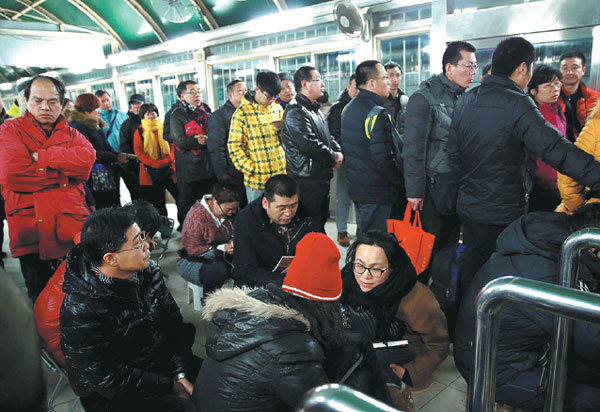Taking a scalpel to hospital ticket scalpers
Updated: 2016-02-04 07:45
By Zhang Yi and Wang Xiaodong(China Daily)
|
||||||||
|
People in the already-packed registration hall at Beijing Tongren Hospital at 5:30 am on Wednesday. The hospital's ophthalmology department is famous throughout China. |
"This is Beijing. I might be killed on the way home, so I want to say this: this society is hopeless," she yelled, suggesting she might be threatened or worse. She received threatening calls from scalpers when she returned to her home, although she had no idea how they obtained her phone number, and was so shaken that she declined to be interviewed.
A hospital official told the Beijing News that members of staff had colluded with them in the past, and that several security guards had been fired for working with scalpers. However, he claimed that there was no evidence of collusion on the occasion featured in the video clip.
On Jan 26, a reporter for the Beijing Youth Daily made contact with two scalpers at Guang'anmen Hospital and was offered tickets for appointments with senior doctors for 1,500 yuan and 6,000 yuan, depending on the time and date.
When the video clip was uploaded to the Internet and caused uproar, the Beijing Municipal Commission of Health and Family Planning released a statement pledging to maintain the crackdown against scalpers.
"Scalpers seriously disrupt hospital security and are bad influences. We have always adopted a zero-tolerance attitude to scalpers, in particular illegal collusion between scalpers and hospital staff," it said, adding that the commission would overhaul hospital management and improve the online- and telephone-registration platforms, and also cooperate with the police to fight the scalpers.
The video triggered a widespread public outcry, and the police arrested more than 50 scalpers across Beijing - 11 were detained on Jan 30 at three hospitals, including the Air Force General Hospital of the People's Liberation Army, where 32 scalpers were also apprehended on Jan 21. Seven scalpers were also arrested at the Guang'anmen Hospital, where the video clip was shot.
Organized ring
"The scalpers are an organized ring. They place the plastic bottles at midnight, after the hospital security guards have cleared the registration hall, and usually return between 5:30 and 6:00 am. Some of them solicit patients at the main gate of the hospital or the entrance of the registration hall, while other gang members occupy the places they had reserved with plastic bottles and wait for 'clients' to replace them," Wu said.
"They also use websites and apps to attract patients from all over the country. After I spent that cold night at the hospital, I called a number on one of the websites and asked about a hospital ticket for my wife. The man on the other end of the line promised me a ticket for 300 yuan," he said.
According to Wu, the sale of black market tickets is a highly profitable operation.
When contacted by China Daily, a man from a scalping website, who refused to give his name, said he could obtain registration tickets for popular hospitals. He claimed to be able to provide tickets for appointments with a senior surgeon at the Peking Union Medical College Hospital, a top public hospital, for 400 yuan, even though the official price is just 14 yuan. Tickets for consultations with senior specialists cost 900 yuan apiece, he said.
The trade in hospital tickets is not a new phenomenon. As a 2010 report published by mcclatchydc.com, the website of the McClatchy Newspaper Group, explained: "At Peking University First Hospital, a patient can stand in line for hours to buy a 14 yuan ticket, about $2, to see a doctor. Or a patient can pay 200 yuan, almost $30, and see the same doctor without waiting."
In 2013, a report on Central China Television showed that ticket scalping was rampant in Beijing's major hospitals. The report prompted the Ministry of Public Security and the National Health and Family Planning Commission, the country's top medical authority, to pledge a joint clampdown on scalpers.
The problem has also been noted in large hospitals in first-tier cities, such as Shanghai and Hangzhou, the capital of Zhejiang province, according to media reports.
- Australian police suspect overseas hackers behind threats to schools
- EU reform proposals show 'real progress': British PM
- Mainland Chile confirms first 3 cases of Zika virus
- Lanterns decorate temple to celebrate Chinese New Year in Kuala Lumpur
- Tusk to publish proposal for UK-EU settlement
- Cuba's Castro pays historic visit to France

 China's 'Moon Walker' sends back stunning HD photos
China's 'Moon Walker' sends back stunning HD photos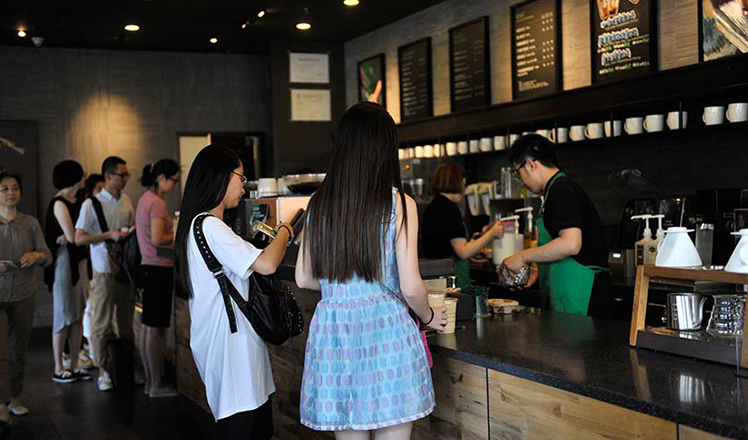
 Starbucks, office rents and CEOs form alternative outlook on China
Starbucks, office rents and CEOs form alternative outlook on China
 China's most beautiful wetlands
China's most beautiful wetlands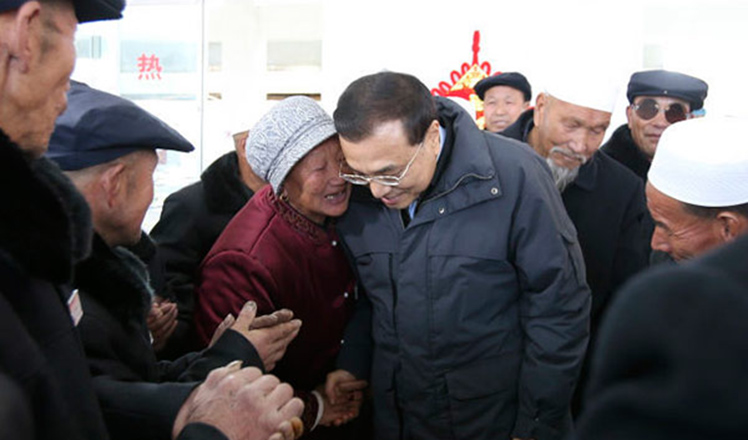
 Premier Li takes Spring Festival greetings, and gifts, to old folk
Premier Li takes Spring Festival greetings, and gifts, to old folk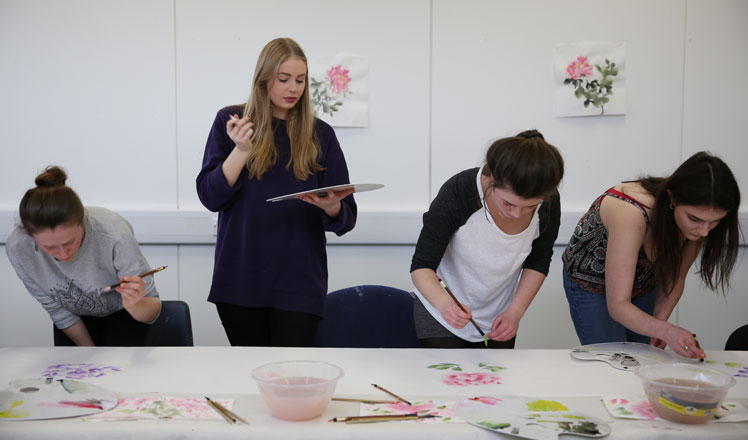
 International friendship blossoms in peony painting
International friendship blossoms in peony painting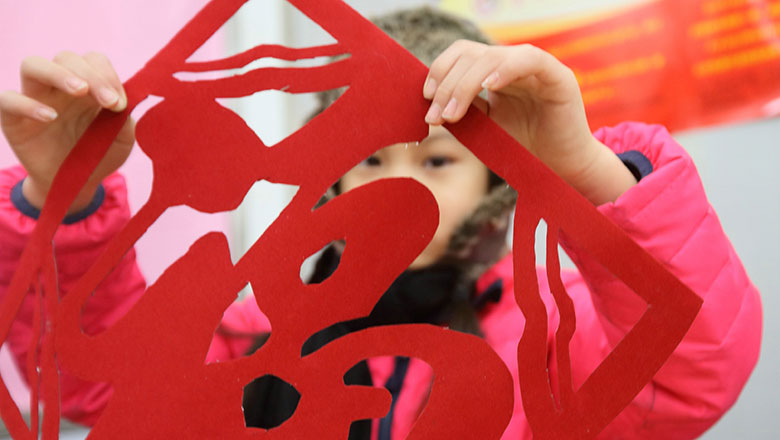
 Culture Insider: Little New Year
Culture Insider: Little New Year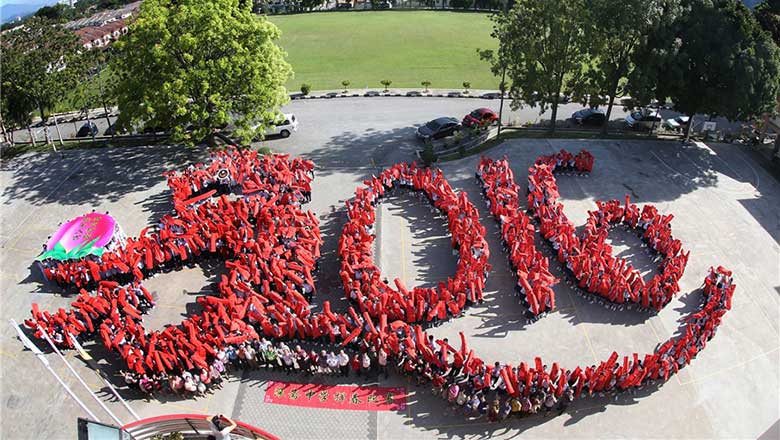
 Global celebrations mark Chinese New Year
Global celebrations mark Chinese New Year
 Motorcycles ride home for Spring Festival reunion
Motorcycles ride home for Spring Festival reunion
Most Viewed
Editor's Picks

|

|

|

|

|

|
Today's Top News
National Art Museum showing 400 puppets in new exhibition
Finest Chinese porcelains expected to fetch over $28 million
Monkey portraits by Chinese ink painting masters
Beijing's movie fans in for new experience
Obama to deliver final State of the Union speech
Shooting rampage at US social services agency leaves 14 dead
Chinese bargain hunters are changing the retail game
Chinese president arrives in Turkey for G20 summit
US Weekly

|

|
